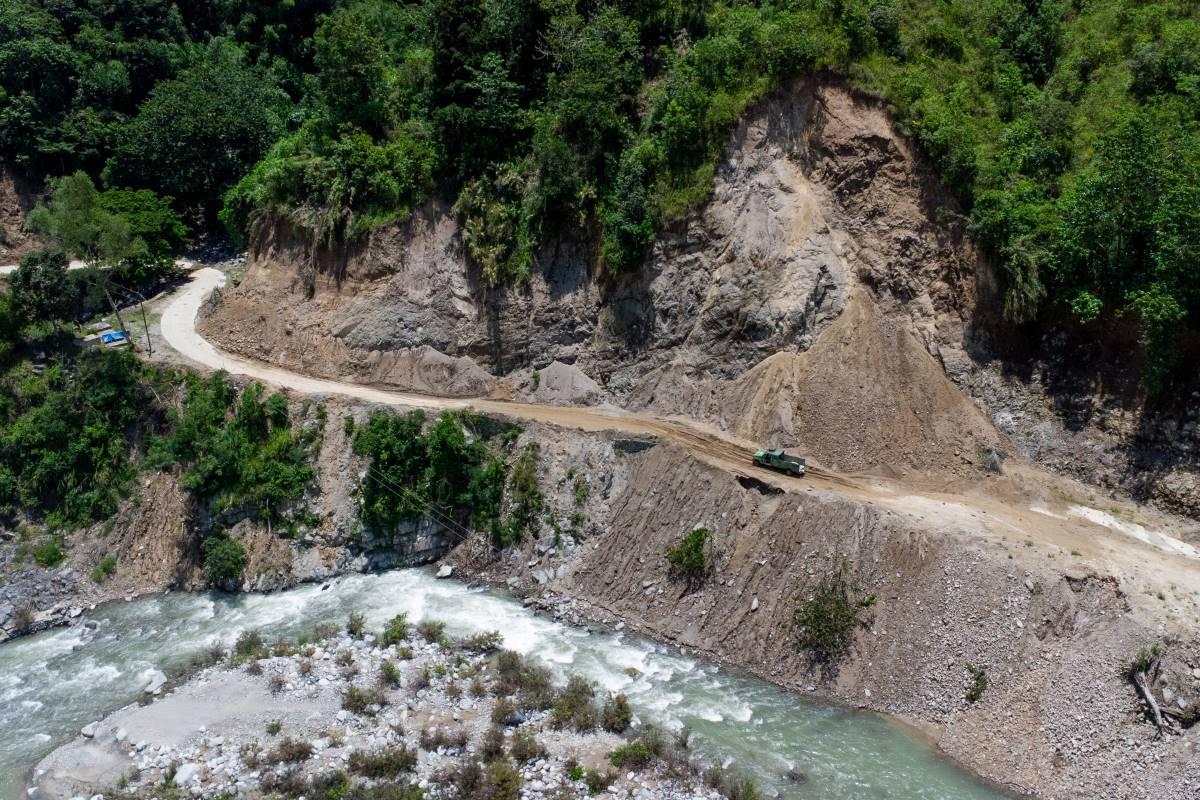DepEd mulling self-learning modules for Abra quake-hit students

The Department of Education (DepEd) on Thursday said it may use self-learning modules again for students affected by the magnitude 7.0 earthquake that hit Abra last week.
In a press conference, DepEd spokesperson Michael Poa said that the modules will be considered if the temporary learning spaces (TLS) being built to take the place of the damaged schools are not completed before the reopening of classes on August 22.
“Kung hindi po natin magawa ‘yun o hindi sufficient ‘yung magawa natin in the immediate timespan, we will also implement ‘yung alternative delivery modes which is under DepEd Order Number 34, ‘yung guidelines natin for this academic school year,” he said.
“‘Yan po ‘yung magbabalik tayo sa self-learning modules or ‘yung modular. ‘Yun po ‘yung mga options na tinitignan natin kasi nga we are looking at immediate construction of these TLS. It’s just that the numbers are varying. But, if we can’t deliver on time ‘yung lahat ng TLS, we will consider also ‘yung ating alternative delivery modes,” he added.
(If we cannot complete them or if what's done in the immediate timespan is insufficient, we will also implement the alternative delivery modes, which is under DepEd Order Number 34 or our guidelines for this academic year. We may go back to self-learning modules or modular learning. Those are the options we are considering because we are still looking at the immediate construction of these TLS. It's just that the numbers are varying. But, if we can't deliver all the TLS on time, we will also consider our alternative delivery modes.)
Poa previously said that the DepEd is looking at “quick intervention” to address the issues in learning spaces in areas affected by calamities such as typhoons and earthquakes ahead of the opening of School Year 2022–2023.
He said the agency is also planning to build temporary learning spaces and is coordinating with the local government units (LGUs) to look for other areas available where classes could be conducted.
“To ensure ‘yung mga safety protocols natin, aside from those sa learning spaces, we are considering also either blended, of course, and shifting of class schedules,” Poa said.
(To ensure our safety protocols, aside from the learning spaces, we are also considering either blended learning and shifting of class schedules.)
The number of schools affected by the earthquake stands at 646 as of Wednesday noon, according to DepEd.
Of this number, 427 schools sustained damage for which repair and reconstruction has been estimated at P2.188 billion.
A total of 621 classrooms were also totally damaged, while 1,271 classrooms were partially damaged.
DepEd also noted some 491 toilets and 198 handwashing facilities were damaged.
At least 21 schools were also used as evacuation centers.
Meanwhile, non-infrastructure damage to schools include 12,563 learning materials (worth P395,400), 3,049 school furniture (P14,635,200), and 974 computer sets (P1.3 billion).
Enrollees
Further, Poa said that as of Thursday morning, a total of 15,261,695 students nationwide have enrolled for SY 2022–2023.
Of this number, 7,055,511 students are from elementary levels, 4,923,764 from junior high school, 2,272,547 from senior high school, and 1,009,873 from kindergarten.
Calabarzon recorded the most enrollees so far at 2,258,757. It was followed by the National Capital Region (NCR) with 1,795,839, and Central Luzon with 1,511,950.
Poa earlier said DepEd is looking at 28.6 million enrollees for the upcoming school year. — BM, GMA News




